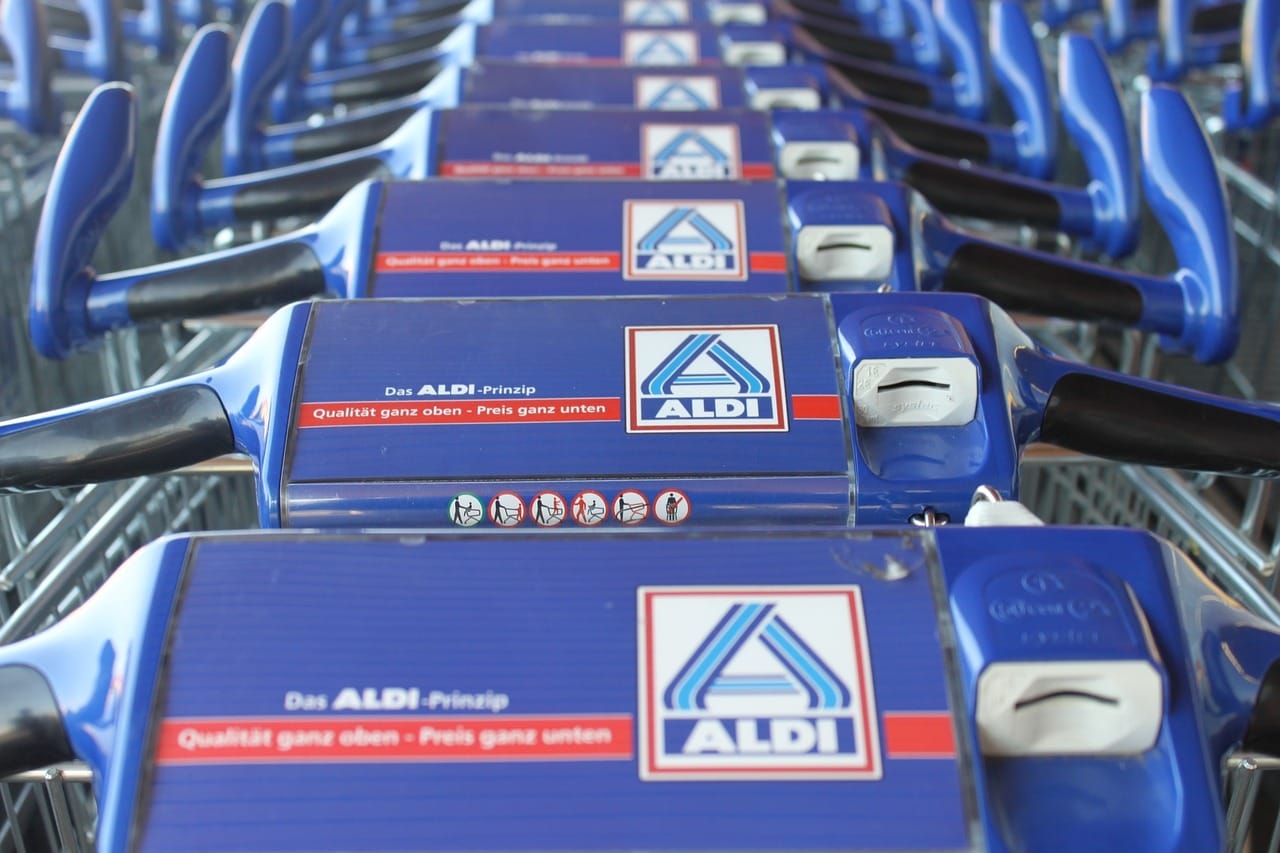Aldi’s ascension in the UK supermarket race reflecting British cost of living

In a significant shift within the UK retail industry, Aldi has recently surpassed Asda to become the nation’s third-largest supermarket. This development is not only indicative of changing market dynamics but also highlights the evolving preferences and behaviours of British consumers.
The Rise of Aldi
Aldi, the German discount supermarket chain, has been on an upward trajectory in the UK for several years. The latest analysis confirms that Aldi has now secured the position of Britain’s third-biggest supermarket, a rank previously held by Asda. This achievement is a testament to Aldi’s strategic expansion and their ability to capitalize on the changing economic landscape, particularly during challenging times marked by economic uncertainty and the cost-of-living crisis.
Market Share Dynamics
The displacement of Asda by Aldi is indicative of a broader shift in the UK grocery sector. Traditional ‘big four’ supermarkets, which included Tesco, Sainsbury’s, Asda, and Morrisons, have faced increasing competition from discount retailers. In September 2022, Aldi had already climbed to the fourth position, ousting Morrisons from the long-standing ‘big four’ group . This was a clear signal that the market was undergoing a transformation, reflecting Aldi’s aggressive expansion and the value-driven approach that resonated with cost-conscious consumers.
Factors driving Aldi’s success
Several factors have contributed to Aldi’s success in the UK market. Firstly, the retailer’s business model, which emphasizes simplicity, efficiency, and a no-frills shopping experience, has allowed it to offer competitive pricing. Additionally, Aldi’s focus on private-label brands has not only improved profit margins but also attracted customers looking for quality products at lower prices.
The economic pressures faced by British households, exacerbated by the cost-of-living crisis, have also played a significant role. Consumers have become increasingly price-sensitive, leading many to switch from traditional supermarkets to discounters like Aldi. The retailer’s ability to adapt quickly to consumer needs, such as expanding its range of products to include more premium and fresh items, has helped it maintain a competitive edge.
Implications for Asda and the broader market
For Asda, losing its position to Aldi is a significant blow. It suggests that Asda needs to reassess its strategy to retain and grow its customer base. This might involve revisiting pricing strategies, store formats, and product offerings to better meet consumer demands.
The broader market implications of Aldi’s rise are substantial. Supermarkets across the UK will likely need to innovate and adapt to remain relevant. This could include embracing technology to enhance the shopping experience, diversifying product ranges, and implementing more aggressive pricing strategies.
The Bottom Line
The overtaking of Asda by Aldi as Britain’s third-largest supermarket is a clear indication of the dynamic nature of the retail industry. Aldi’s success can be attributed to its effective business model, strategic growth plans and the ability to meet the evolving needs of consumers, particularly in times of economic hardship.
As the retail landscape continues to shift, supermarkets must remain agile and responsive to changes in consumer behaviour and market conditions. The rise of Aldi is a reminder that adaptability and customer focus are crucial for success in the competitive retail sector.
Do you want to share your story and inspire our readers ? Know that YOUR EXPERTISE is paving the way for a brighter, happier future.




